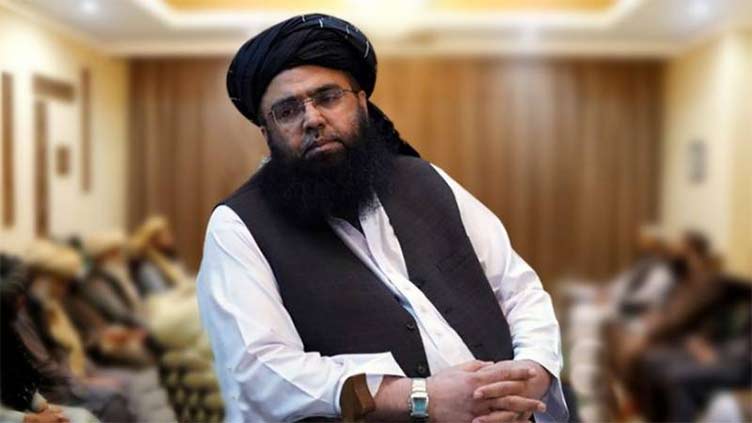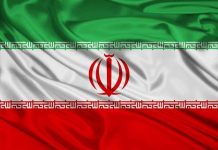From John Nelson
KABUL: The supreme leader of the Afghan Taliban, Mullah Hibatullah Akhund, has appointed Mawlawi Abdul Kabir as caretaker prime minister and interim head of the cabinet. Akhund made the announcement owing to the ill health of Mullah Mohammad Hassan Akhund, the acting head of the Taliban government.
It is learnt that the former had suffered a heart attack after visiting Kandahar during the Eid holidays and still unable to recover and resume his responsibilities. Zabihullah Mujahid, the official spokesperson of the Taliban regime has confirmed that the acting premier was suffering from illness and wished to take rest.
It may be noted that the new acting premier has close ties with Sirajuddin Haqqani and the decision was made on his request as the Haqqani network holds fewer positions in the cabinet as compared to the Kandahari Taliban.
The decision would also give the Haqqanis a weighted advantage against others, but the decision was made by Mullah Habitullah after taking feedback from Taliban ranks. Being senior leaders of the Afghan Taliban, Mullah Hassan Akhund and Mawlawi Kabir had both served as members of the Supreme Council as deputies to the Taliban’s prime minister late Mullah Rabbani (during the former Taliban regime 1996—2001).
The incumbent premier of the Islamic Emirate, Mawlawi Abdul Kabir had also previously served as the acting prime minister for the Taliban for six months in 2001.
Mawlawi Kabir belongs to the eastern Paktika province of Afghanistan and is a member of the Zadran tribe. According to UN reports, Kabir was born between 1958 and 1963 and is aged between 58 and 63.
Between 1996 and 2001, Kabir also served as the governor of Nangarhar province and as the head of the eastern zone.
After the Taliban’s return to power in August 2021, he was initially appointed as the deputy prime minister alongside Abdul Salam Hanafi and Abdul Kabir.
He is also said to have participated in the Doha Agreement, and the source revealed, Kabir had also been part of the committee that was designated to talk directly with then-US peace envoy, Zalmay Khalilzad.




